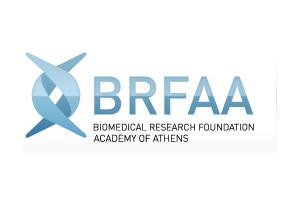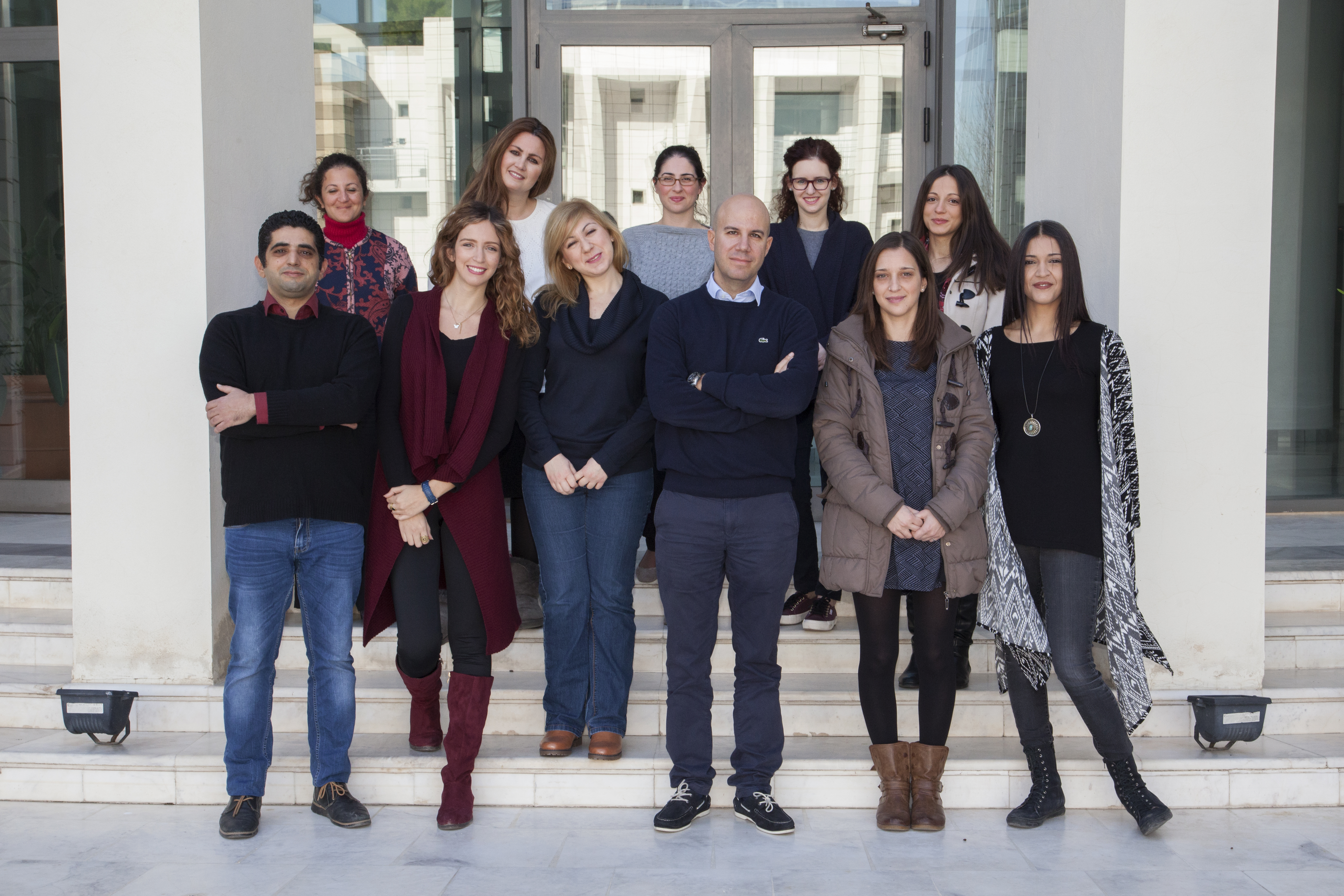Biomedical Research Foundation, Academy Of Athens
-
0 comments

About the innovator
The Biomedical Research Foundation of the Academy of Sciences (BRFAA) hosts cutting edge basic and clinical research, providing an ideal setting for fostering innovative science and translational activities. The Laboratory of Immunobiology studies the interaction of the immune system with the environment, and the mechanisms by which environmental insults program the immune system towards chronic pro-inflammatory patterns leading to the development of disease, with the aim to develop innovative approaches and products for therapeutic intervention. In the context of the CURE (full title “Constructing a ‘Eubiosis Reinstatement Therapy’ for Asthma”) project, the Laboratory of Immunobiology is addressing the way phages, the viruses of bacteria, shape immune responsiveness in the respiratory tract and therefore determine the development asthma and related disorders.
CURE project on Twitter
What is the innovation
The CURE project is developing a phage therapy for controlling immune dysregulation in asthma for treating and eventually curing asthma. This is based on the establishment of novel collections or ‘cocktails’ of bacteriophages targeting microbial families that cause microbiota imbalance (dysbiosis) in the respiratory tract and alter immune system homeostasis, leading to the development of allergic inflammation and asthma. This is also dependent on enhanced understanding of microbiome variability in asthma, providing an innovative aspect of disease pheno/endotyping and establishing the basis for precision medicine interventions.
The technology transcends historical limits of therapeutic boundaries to prudently set standards for accomplishing future European industrial leadership in the field of phage therapy. Strong interest on this concept is currently just starting to emerge, arising from the challenge of antibiotic resistance. Although the technology is at an early stage, Europe is well positioned to compete in what is expected to be an intense race. Establishing radically novel uses and innovative approaches, and contributing to the discussion on the required regulatory framework, exactly as CURE proposes, would be a major boost towards European prominence in this innovative area.
Out of the lab. Into the market
The long-term vision of CURE is to develop respiratory phage therapies capable of restoring a healthy microbiome in the respiratory tract and improving clinical outcomes in asthma. This will be achieved through the establishment and optimization of novel collections of bacteriophages, well typed, sequenced and selected for the purposes of the intervention. Several hurdles will need to be overcome before phage therapy becomes standardized, potentially revolutionizing our medical armamentarium. The pre-optimization of phage cocktails is a major requirement, towards which the CURE models represent an ambitious and concrete step. Our approach will not only predict treatment responses, but also be capable of addressing individual/subgroup variability and aid treatment stratification, thus supporting precision medicine approaches. While phage therapy appears to be safe (in 2006 the FDA gave phages the designation ‘Generally Regarded as Safe (GRAS)), proof of efficacy will require well-designed clinical trials. The CURE Consortium will be excellently placed to initiate such trials, taking into account that in addition to the theoretical prediction, following the successful completion of the project, it will be in possession of a novel collection of relevant phages. Phase I/IIa trials will then provide the opportunity to evaluate the model and further optimize it in a direct in-vivo human setting.
Benefits of participation in Horizon 2020
Participation of our Institution and research team in the EU framework programmes has been pivotal to our development. It has helped us establish highly productive international collaborations with interdisciplinary research teams, companies, patient groups and opinion leaders in biomedical research, providing added value to all sides of our activities. It has also brought an international flavor to our Institution, it has enhanced our visibility and it has improved our financing rate through increasing funding from international organizations and industry. Finally, it has supported the fostering of a new generation of researchers with international mindset and passion for translational research and innovation.
This innovation was funded via H2020 project CURE
Team behind the innovation
/futurium/en/file/brfaateam-curejpgbrfaa_team-cure.jpg

Video
Video Link

